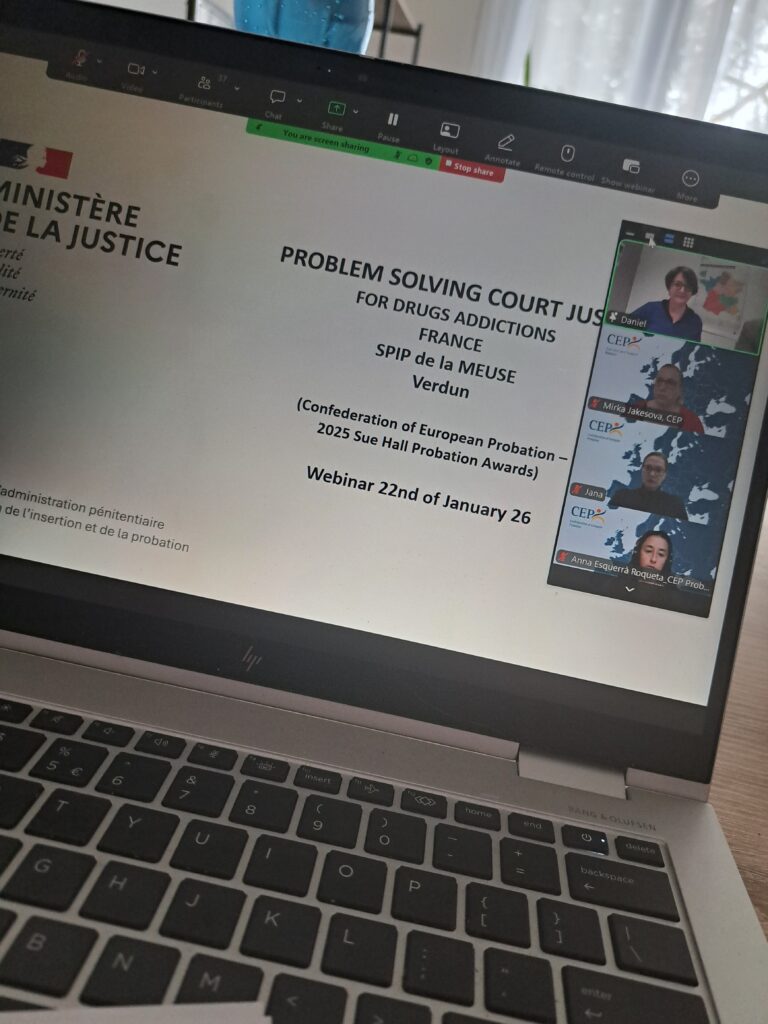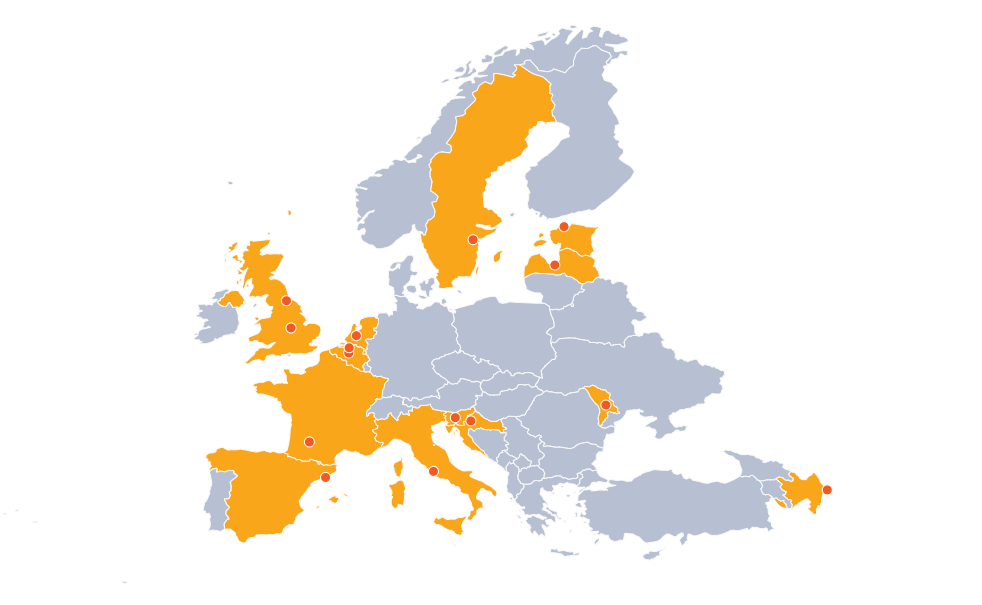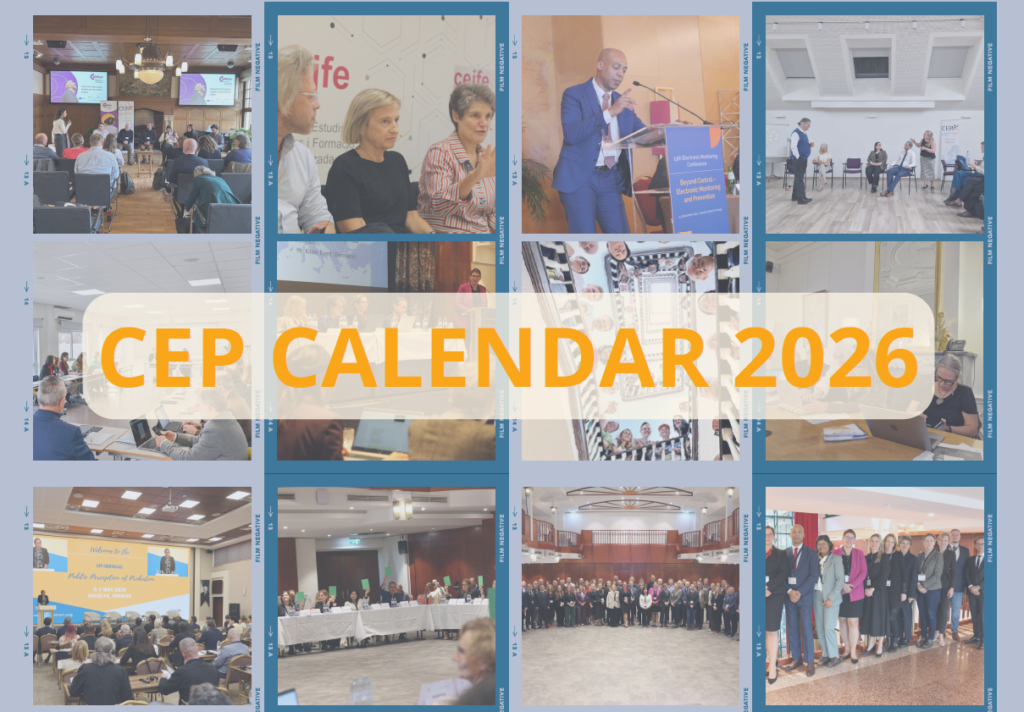Previous Article
News
The rise of right wing extremism, assessing ‘radicalisation’ and challenging internal bias: The responsibility of good probation practice
The growing threat of right wing extremism is not a point many would contest right now. Just last month, the world witnessed the atrocities of the Christchurch Mosque Shootings, which resulted in the deadliest mass shooting in New Zealand history. And in the US, it has been reported that right wing terrorism has accounted for three times that of any other terror activity, and moreover, almost every instance of terrorism in the US in 2018 (Anti-Defamation League, 2019).
An article by Kerry Devitt, Probation Practice Researcher, Kent, Surrey and Sussex Community and Rehabilitation Company.
In the UK, we have also seen the impact. In 2016, came the murder of Labour MP Jo Cox and in the following year the attack at Finsbury Park Mosque – both carried out by individuals directly influenced by and acting on the ideology of far-right groups. Moreover, recent statistics exploring both the operation of police powers under the Terrorism Act 2000 (Home Office, 2018a), and Prevent (Prevent forms part of the UK’s counter-terrorism strategy. It is the strand focused on stopping people becoming radicalised or supporting terrorism) referrals and support data for 2017/2018 (Home Office, 2018b) show a demonstrable upward trend for right wing extremism (and by contrast, a downward trend for Islamic extremism). This trend has comprised an increase in those in prison for right wing extremism offences (Home Office, 2018a), an increase in Prevent referrals related to concerns of right wing extremism (Home Office, 2018b), and most significantly, an increase in people receiving support from Channel (Channel is a programme wherein police work with public bodies to identify those being drawn into terrorism to assess their risk, and develop a programme of tailored support for them.) for concerns relating to right wing extremism (Home Office, 2018b). As the Home Office itself notes, this is the first time similar numbers of individuals have received support for concerns relating to Islamist and right wing extremism (Home Office, 2018b, p.13). With religious and racial hate crime also on the rise (Dodd & Marsh, 2019; Home Office, 2018c), the activity of the extreme right is fast becoming a reality we can no longer ignore. So, what is the responsibility of probation?
Probation practice: Prevent duty and ‘spotting the signs’
Probation (both the National Probation Service and the privately owned Community Rehabilitation Companies), along with other statutory and community services, has a responsibility to counter the threat of terror. In practice, this means adherence to the Government’s Prevent strategy, a set of guidance designed to reduce the threat of terrorism in the UK by ‘stopping people becoming terrorists or supporting terrorism’ (Home Office, 2015, p.2). As part of this, local authorities provide specific guidance on ‘spotting the signs’ of potential vulnerability to radicalisation (e.g. social isolation, using ‘them and us’ language, justifying violence to avenge feelings of grievance and injustice, and expressing a need for meaning and belonging etc.). However, Prevent has been widely criticised for its seemingly overt focus on Islamist extremism, and by extension the Muslim community (Cohen & Tufail, 2017, P.41; Qurashi, 2016). Though framed as being equally applicable to all forms of extremism, critics have contended it has left members of the Muslim community disproportionately targeted (Cohen & Tufail, 2017, p.41; Grierson, 2019). The impact of all this, combined with a deluge of media coverage of Islamist extremism, seems to have left much of British society with a limited, and rather biased, understanding of what a terrorist ‘looks like’ (Ellis Devitt, 2018). It is important then to consider what implications this might have for criminal justice practitioners.
The difficulty for probation staff is in the identification of potential radicalisation. Though information and training in ‘spotting the signs’ is standard practice for frontline staff, is that enough? Lynch (2017, p.88) warns of the danger for practitioners in focusing on single routes into extremism. We cannot, Lynch argues, causally link one isolated factor to the behaviour itself. Failing to account for a diversity of possible pathways may provide a false sense of security in one’s ability to identify high-risk individuals, and might also elevate the risk of false accusations (ibid, p.89). Broomfield (2018) too, in considering the complexities of defining and responding to potential radicalised persons within probation, reflects on the extent to which implicit biases might be carried into practice. As he notes:
“If as practitioners we merely satisfy ourselves that radicalisation is simply a problem with service users of certain faiths, or is emerging from certain parts of the world, the consequences could be potentially damaging. Such a starting position could result in the belief that only a small number of a particular type of person within our service user population is at risk of radicalisation…this could contribute to a belief that we have little to do in terms of examining how we assess, respond to and challenge radicalised persons.” – Broomfield, 2018, p.108
Indeed, in making assumptions about how certain persons might become radicalised, or in holding certain assumptions about what a potential terrorist ‘looks like’, do we create a rod for our own back, or worse: a rod for the backs of others.
For probation, and further all professionals tasked with upholding the duty of Prevent, what feels crucial right now is the need to re-examine our internalised beliefs and biases. Rather than moving unquestioningly into the future, holding close entrenched narratives and notions of ‘the typical terrorist’ and his/her reasons for becoming ‘radicalised’, we need to work more openly and reflexively, and constantly revisit (and if necessary revise) the beliefs that inform our practice. By doing so, probation might well be in a much stronger position to assess what terrorism, extremism and the risk of radicalisation actually ‘looks like’ in 2019.

Related News
Keep up to date with the latest developments, stories, and updates on probation from across Europe and beyond. Find relevant news and insights shaping the field today.
New

Alternatives to pre-trial detention, Community Sanctions and Measures, Framework Decisions, Technology
Future of Criminal Justice: CEP’s Contribution to Key 2025 Dialogues
27/01/2026
Throughout 2025, CEP and its representatives actively participated in the online Technical meetings ahead of the HLF as well as the High Level Forum on Future of Criminal Justice taking place on 4-5 March 2025, 20-21 May 2025 and 1-2 October 2025 in Brussels, Belgium.
Recap

Alternatives to pre-trial detention
Recap: Webinar on Alternatives to Detention 2026
26/01/2026
On Thursday 22 January, CEP hosted the first webinar of 2025 on the topic of Alternatives to Detention. The session led by Ms. Marina Pajoni from the French Prison and Probation Service titled „Problem Solving Justice in Pracitce: The Meuse Probation Service´s Approach to Drug Addiction“ introduced an innovative programme developed by the Meuse Probation Service in close cooperation with the French Ministry of Justice.
New

Education and Training
CEP launches an interactive European map of probation education and training institution contacts
22/01/2026
The CEP is pleased to inform its members that a new dedicated section has been developed on the CEP website featuring an interactive map of Europe.
New

CEP Events
CEP activity calendar 2026
20/01/2026
As we begin the new year, we would like to thank all CEP members, partners, and participants for your continued engagement and valuable contributions. Your involvement plays an essential role in shaping CEP’s work and activities.
We are pleased to share the CEP calendar for 2026, which provides an overview of the events planned for the year ahead. We look forward to continuing our collaboration and welcoming you to upcoming CEP activities throughout the year.
Thank you for being part of the CEP community.
New

CEP members, Gender-based violence
Interventions Alliance’s Eden House Recognized as Outstanding
15/01/2026
CEP is delighted to share that Eden House, an Interventions Alliance residential service for women with high-risk or complex needs on probation, has been rated “Outstanding” overall by HM Inspectorate of Probation. In 2022, Eden House was honored with the CEP Public Protection Award. Our sincere congratulations to the team for this remarkable achievement.
New

Education and Training
The Judicial Training Dashboard
14/01/2026
The European Training Platform (ETP) is a search tool for justice professionals. You can find self-learning materials on a great variety of EU law practice areas and related topics, as well as links to training providers’ homepages and course catalogues.
Subscribe to our bi-monthly email newsletter!
"*" indicates required fields
- Keep up to date with important probation developments and insights.

